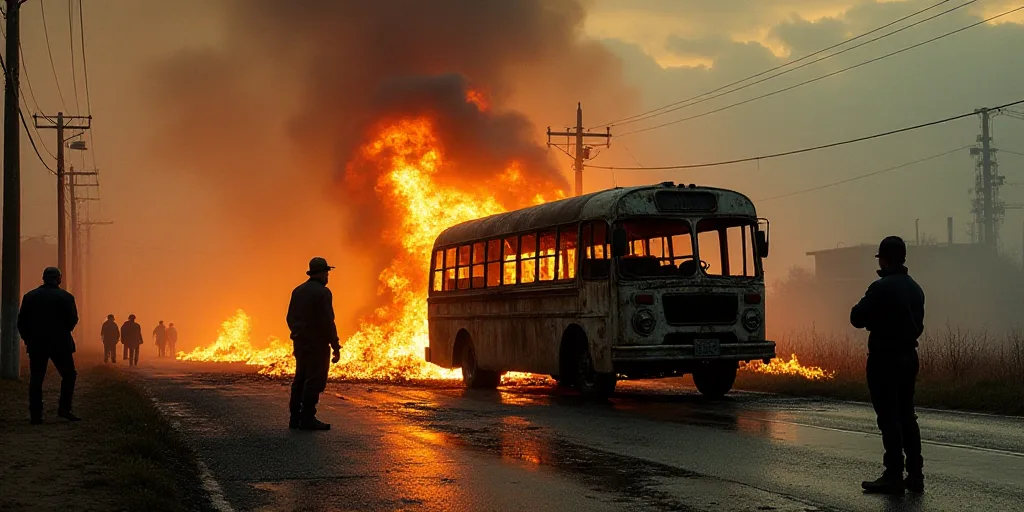Exactly a week has passed since Donald Trump ignited a new trade war against the world. On April 2, he declared an alleged “Economic Liberation Day” for the U.S., imposing a 10% tariff on all imports and 11-50% tariffs on 57 countries without consultation or prior planning of consequences.
The result: plummeting stock markets, collapsed supply chains, and a global economy in turmoil. China retaliated strongly, with Canada and the EU preparing countermeasures against the U.S. Trump celebrates inflated tax revenues that haven’t materialized and boasts of jobs that don’t exist. The reality is rising inflation, higher living costs, and a looming global recession.
In this conflict, there are no winners—only victims. In response to China’s latest retaliatory package, Trump escalated further by imposing tariffs up to 104% on Chinese products like steel, batteries, machinery, and electric vehicles. The goal is clear: weaken the U.S.’s main economic and military competitor, halt technological advancements, and bolster his election narrative.
Mexico, fortunately, was excluded from the tariff package announced last week. The T-MEC exemption protects 80-85% of its U.S. exports. President Claudia Sheinbaum chose caution: increased domestic production, no retaliation.
- However, the 25% tariff on aluminum, steel, and non-T-MEC products remains in effect, leading to peso depreciation, higher import costs, and financial uncertainty. Since the tariffs were announced until yesterday, the IPC price index of the Mexican Stock Exchange has fallen by 6.52%.
- Unprotected sectors already face growing obstacles. Exporting companies are restructuring operations, adjusting supply chains, and accelerating T-MEC certification processes. However, flexibility is limited. Over two million jobs depend on a trade that remains subject to Trump’s whims.
Uncertainty freezes investments, increases input costs, and disrupts strategic decisions. A single tweet can alter everything. No serious country can plan its future under such constant threat.
Trump doesn’t lead; he imposes. He doesn’t negotiate; he punishes. Believing unilateral strength can replace multilateral agreements, his administration contradicts itself, improvises foreign policy, and the world holds its breath, aware that global stability hangs by a single man’s whim.
Mexico has managed to avoid initial impact. But it remains within Trump’s crosshairs. The final shot could come at any moment.



